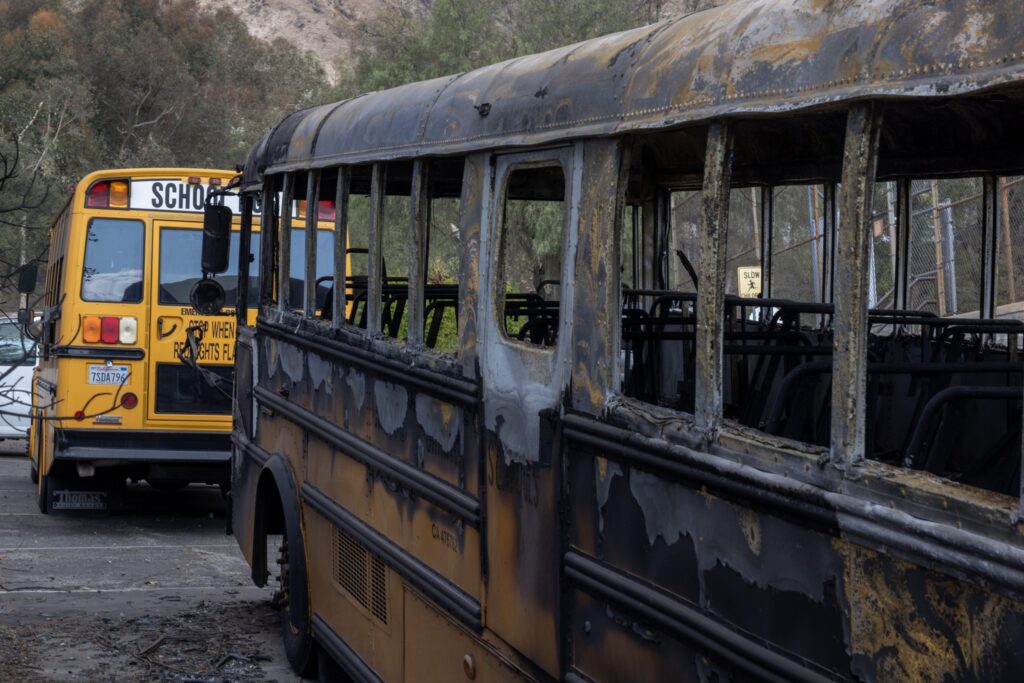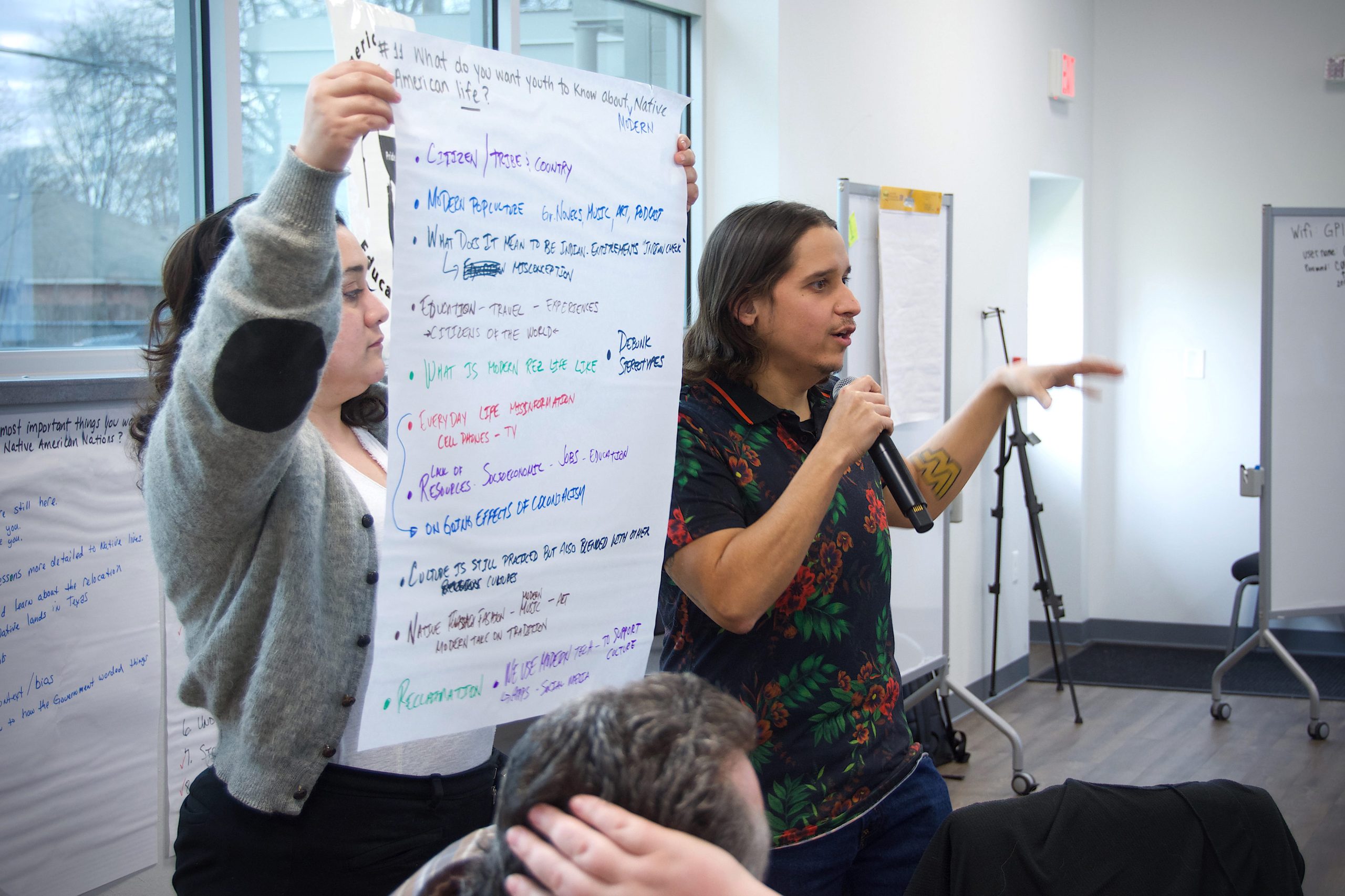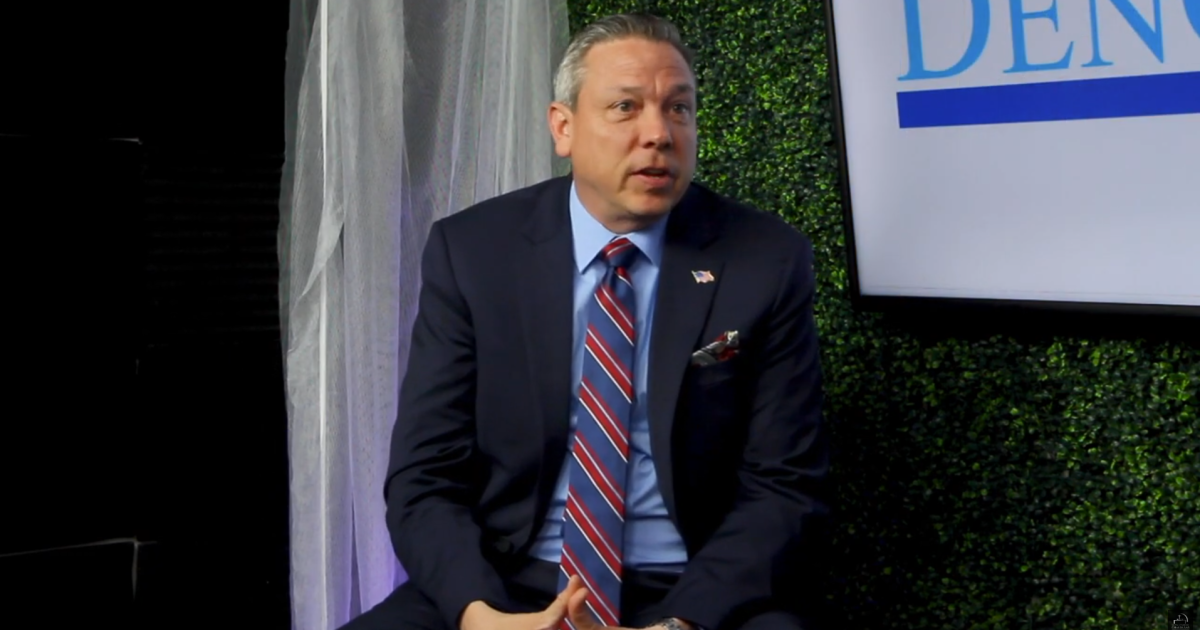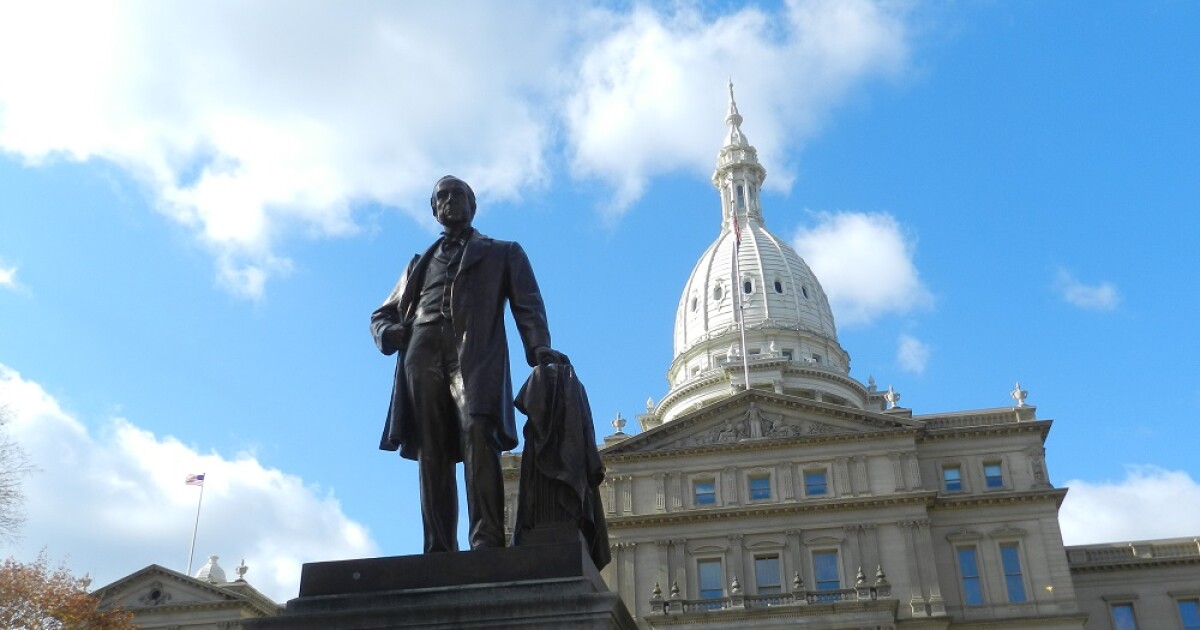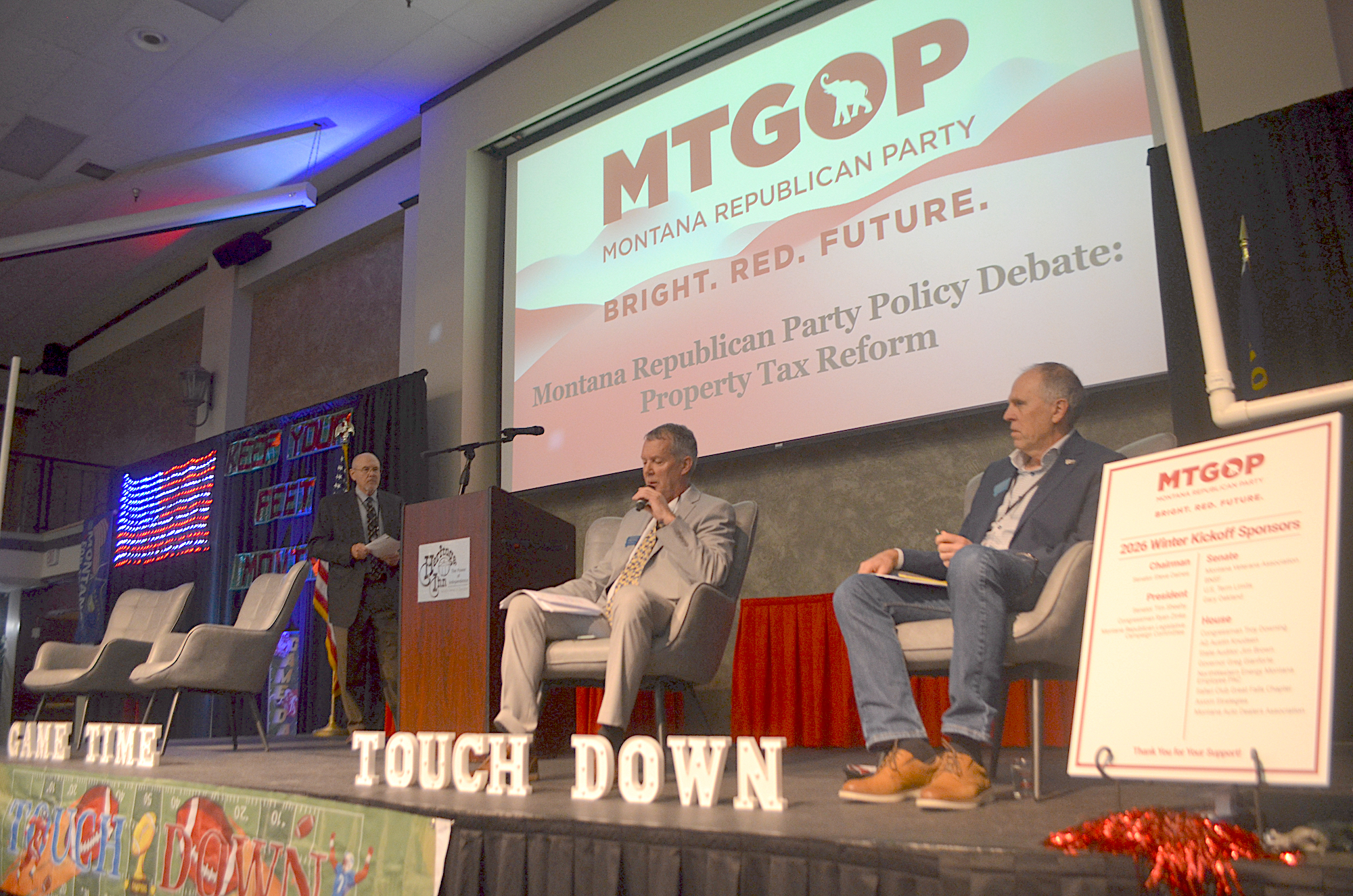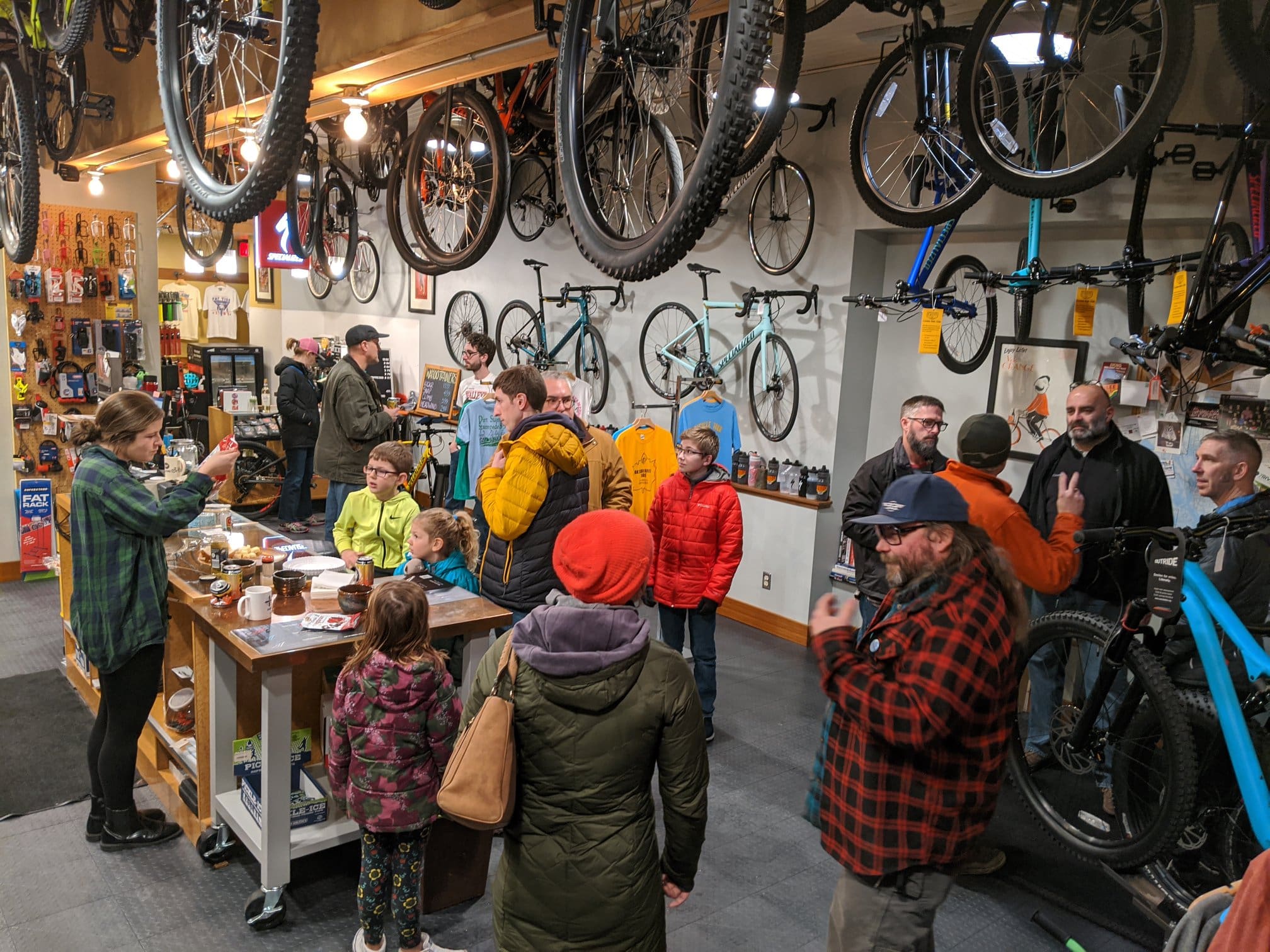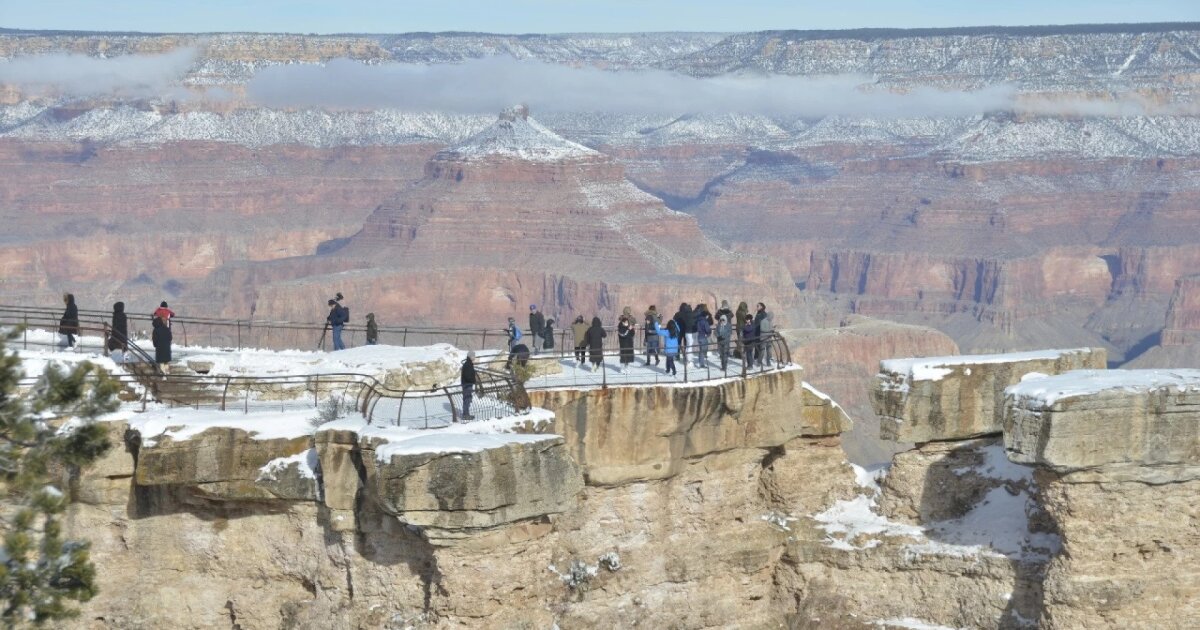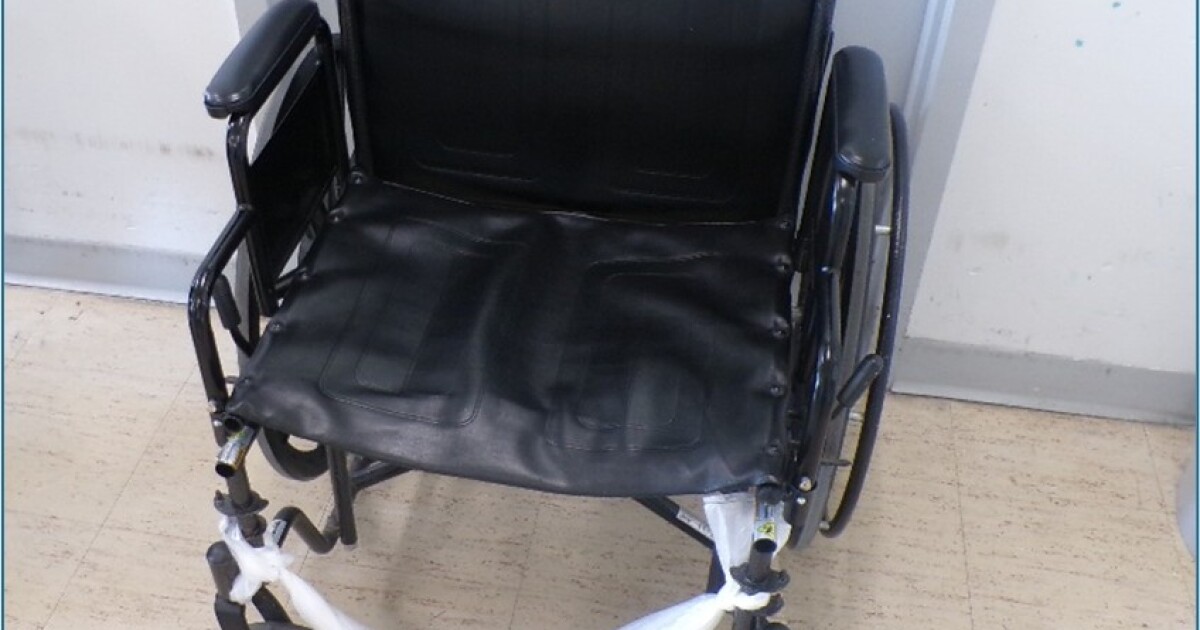The January Palisades and Eaton fires severely impacted Los Angeles County, particularly affecting the Los Angeles Unified School District (LAUSD). Thousands of students, families, and educators faced disruptions as three schools suffered significant damage, necessitating relocations to other campuses. This event underscores the escalating threats posed by climate change, a reality LAUSD and other districts nationwide are grappling with.
Wildfires, floods, and heatwaves are becoming more common due to climate change, posing significant challenges to education systems. For instance, schools in North Carolina, Wisconsin, Illinois, and Maryland have faced closures due to extreme weather. Globally, 242 million students experienced climate-related learning disruptions in 2024, the hottest year ever recorded.
Educators face the challenge of preparing students for a climate-altered future. A Youth Climate Literacy survey revealed that 85% of U.S. teens worry about climate change. However, many lack essential knowledge about climate issues; only 54% recognize human-related carbon emissions as a primary cause, and only 10% feel confident in their understanding of solutions. Alarmingly, 18 states omit human-caused climate change from science standards.
In 2022, LAUSD’s resolution to incorporate climate change education across all grades marked a significant step. The Climate Literacy Task Force, alongside Climate Literacy Champion educators, is crafting curricula on climate solutions and local issues. For example, students at Sotomayor Arts and Sciences Magnet engage in sustainable agriculture by growing food and composting. At Virgil Middle School, students envision sustainable schools through Minecraft challenges. LAUSD also aims to have the largest fleet of electric buses in the U.S. and achieve net-zero electricity by 2030.
Beyond classrooms, the Aspen Institute’s Planet Media Task Force collaborates with various sectors to enhance climate literacy. Museums and media play roles in engaging youth, while parents, equipped with resources, can support learning at home. Initiatives like the song “Wild Hope” and parental guides strengthen community-wide climate action.
Proactive measures are crucial to prevent further climate disasters. The stakes for future generations are high, necessitating collective action to empower youth with climate knowledge and resilience. Embracing this responsibility can foster a more sustainable world, safeguarding a brighter future for all.
—
Read More Kitchen Table News

